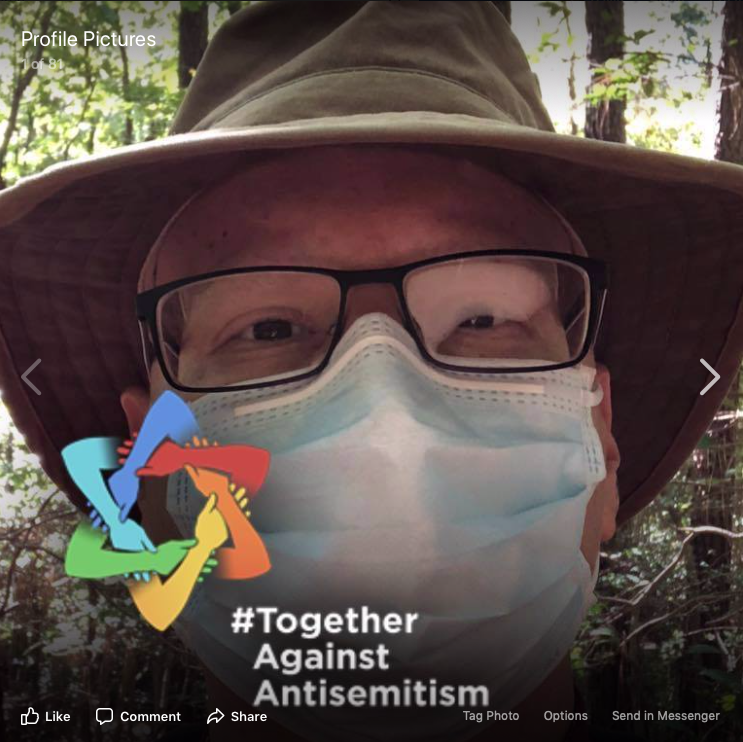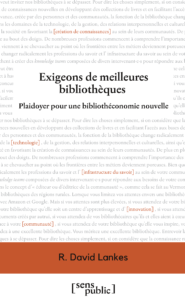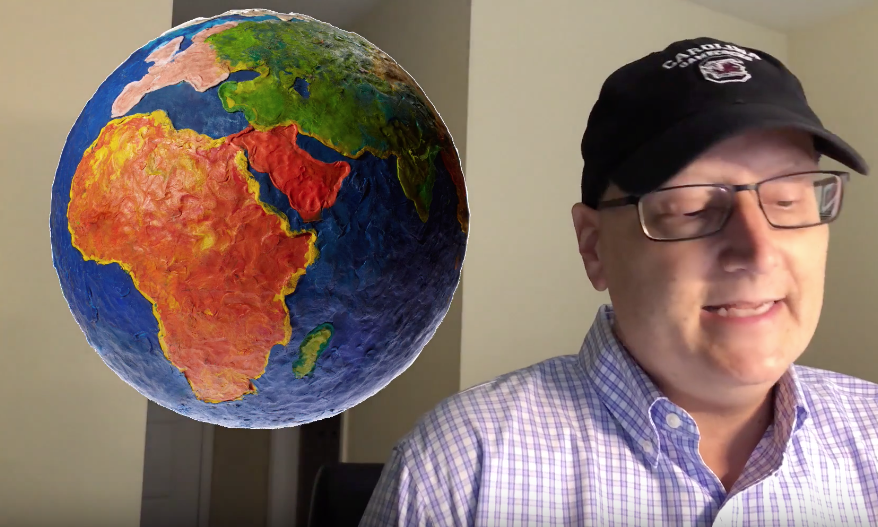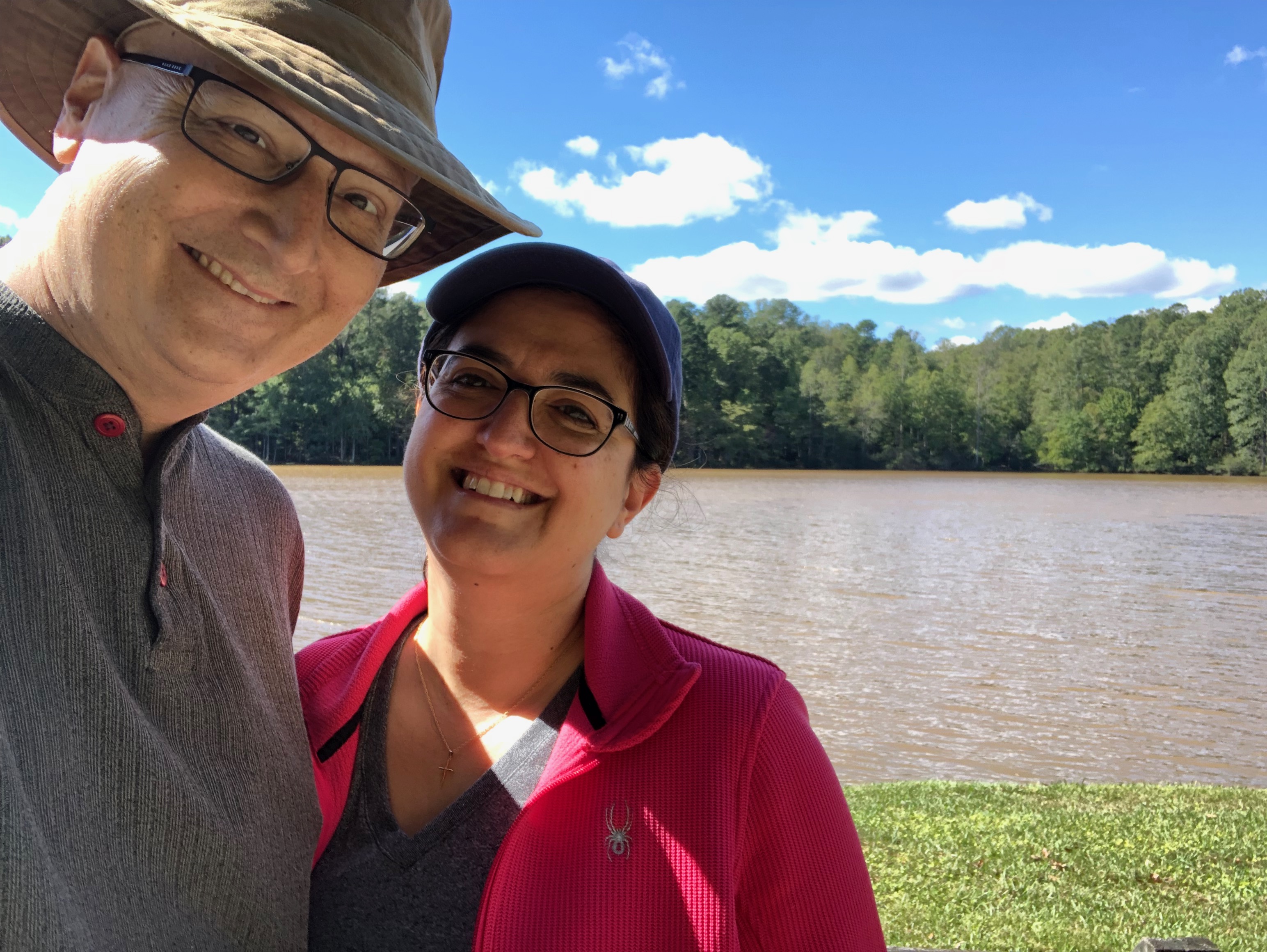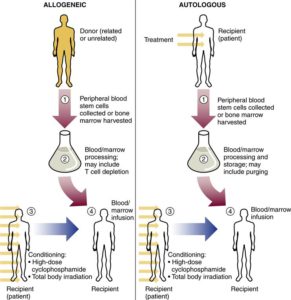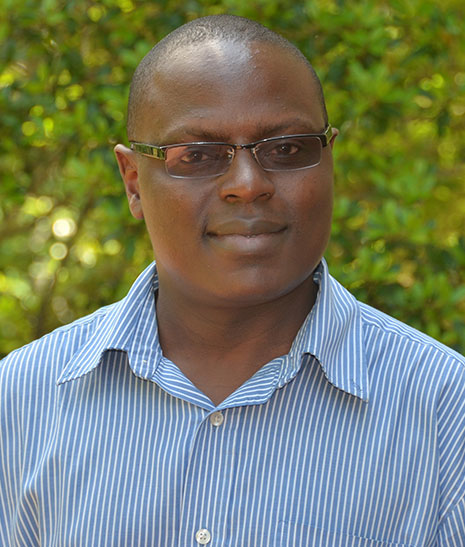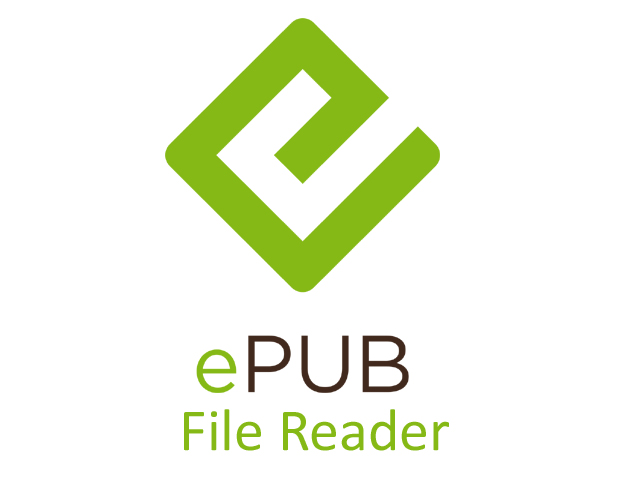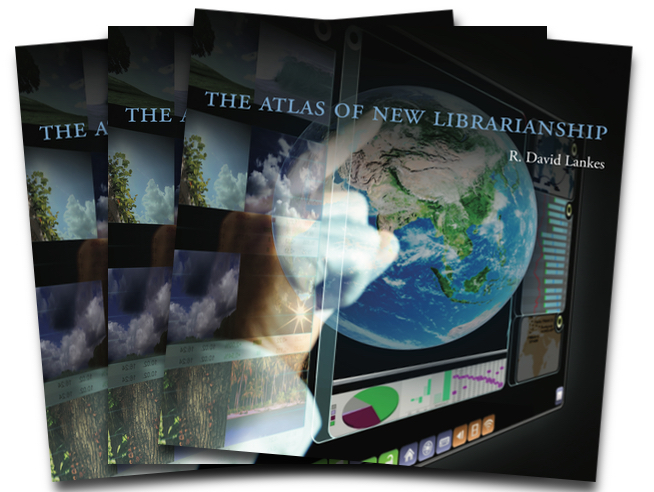I’m getting tired of changing my Facebook profile picture. How does one decide the right time to be for trans rights, or supporting the Jewish community, or asking people to vote. But that’s not why I’m tired. I’m tired, nay exhausted because
- There are so many vital communities facing threat, but more so because
- Changing a Facebook profile picture is potentially the most useless form of support I can offer.
Pipe bombs; race killings; deadly antisemitism; rolling back the rights of the vulnerable; vilifying immigrants seeking asylum; militarizing our borders; endangering the lives of those of us with pre-existing conditions (how hard have we worked to make cancer a non-fatal diagnosis only to kill people through insurance policy); not just a coarsening of the public discourse, but a weaponizing of it; making those who seek transparency and accountability “enemies of the people;” somehow believing that we are not connected in one Earth with one climate. The list seems to keep getting longer. Not enough Facebook ribbons – not enough attention span – not enough energy to fight it all. I am exhausted, nay depressed.
Even if I could, why try. How can I make a difference?
Then, I realize, I am a professor – an educator. My job is to prepare the next and current generation to think critically and deeply about issues and seek solutions. My job in higher education is to not only teach the tools of rationalism and analysis, but to integrate people more fully into today’s society empowered to make changes. A college education is not vocational training, and it should not be a privileged ticket to the marketplace. A college education should be the mentored transition from learning about things (events, processes, people, times, tools) to manipulating and creating things to improve society. Higher education is not about butts in seats, but minds engaged in action.
I am a librarian. I manage libraries and support librarians in towns across the globe, from the pre-school classroom, to the government seat of power and everywhere in between. A library is a place librarians build and maintain on behalf of a community to aid that community make smarter decisions and helps community members find meaning in their lives. Books are not knowledge – they are kindling for the fire that is the possibilities in every one of us – as are maker spaces, and video games, and lectures, and all the tools of today’s libraries. Libraries are community hubs where people come together to refine their dreams and aspirations individually and as a commons.
I am a part of a knowledge school of thinking where teachers and librarians seek to help communities act to improve society. Where doctors and nurses don’t simply see patients and ailments, but people seeking to be healthy. Where lawyers argue in court to not simply to interpret the law, but engage in an ancient dialog of what makes good law and a just society. I am part of a knowledge school of thought where journalists seek the truth and speak that truth to power. I am part of a knowledge school that understands that data can either empower or oppress. A school that understands that we are always learning, and that learning is an open process that must be done in an open environment of diversity and inclusion.
I am tired. We all get tired. I am exhausted – rest, we all need a good rest. I’m depressed, but that is because I am letting those who seek to disempower and live in deliberate ignorance define my power and my opportunities for change. Today, my rest from saving the world will be to help one person, just one. My recovery will come not by ignoring the hostile bigots, but by teaching students about the power of diversity. My energy will come from small victories at first…doing my job well and living up to my values. But then the larger victories will come, maybe from my direct action, but more likely from those that I serve with integrity.
These victories will not be for a party, no political party is perfect in its engagement with its counter. Instead I will be with my tribe, my school of thought that seeks as a missionary force to put learning at the center of the human endeavor. A spirit of discovery of the self and the cosmos driven by cooperation with all those who would commit to putting knowledge first. My battlegrounds will not be in marble buildings in one city, but in the classrooms, libraries, doctors’ offices, newsrooms, and homes of those that seek truth across the globe. Even though we may never find “THE” truth, in our pursuit we will adopt values of openness, transparency, rationalism, intellectual honesty, inclusion and respect for diverse voices, and a belief that ultimately all we do is for a greater social good.
Your words and your actions have power. You have the power to make the world better: sometimes one person at a time, sometimes whole communities.

